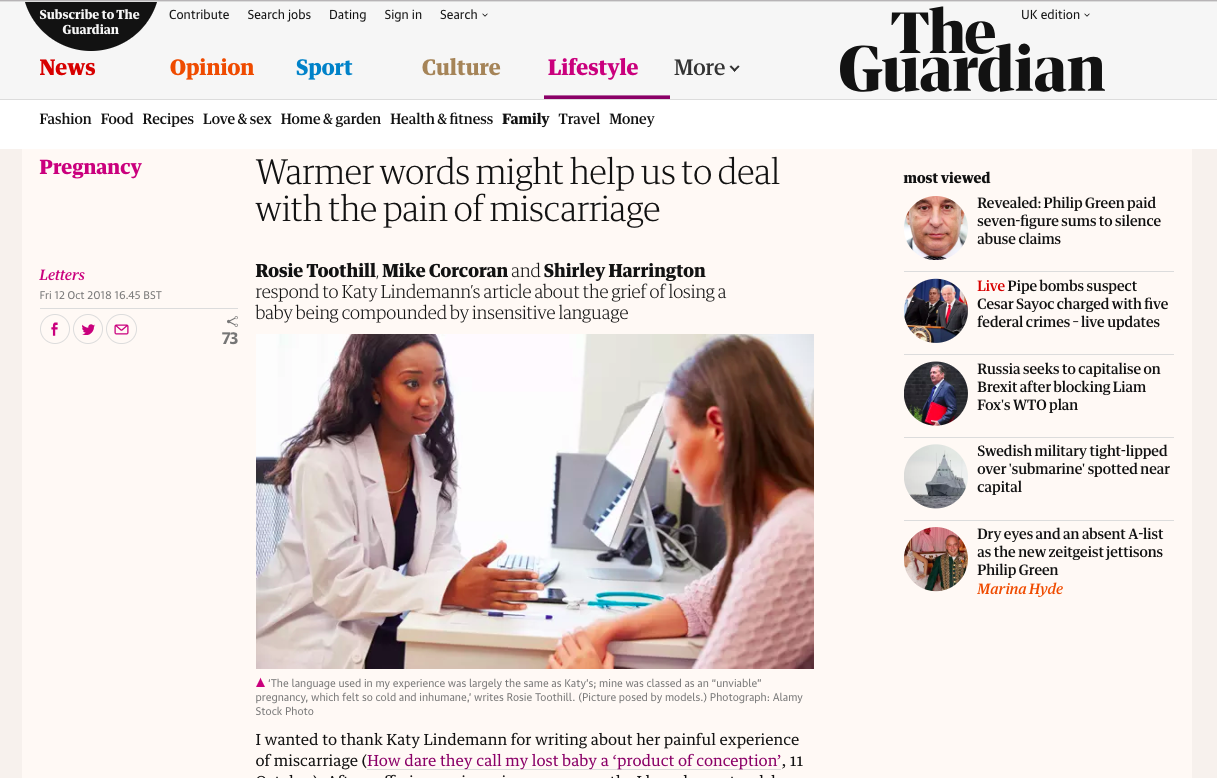Why don’t you just adopt
My third article for Metro’s Fertility Month series examines how It’s not just down to infertile couples to solve the adoption crisis
Anthony Douglas, head of Cafcass (the public body representing children in care), said in a recent interview with the Daily Telegraph that the growing success of IVF has meant fewer people will consider adopting children:
“IVF used to be around 7% successful and now it’s around 30%.
So as a choice, adoption is competing with lots of other ways of having children.”
My biggest bugbear with the ‘it’s all the fault of selfish IVF couples’ argument (amongst many) is that it positions the adoption crisis as an issue that’s solely down to people with fertility problems to solve.
IVF isn’t a quick and easy fix either to conception, or to solving the adoption crisis - and it doesn’t help solve the latter to pretend it does.
Adoption is about finding homes for children, not children for infertile couples. And pretending that if selfish infertile couples stopped having IVF the problem would get sorted does a disservice to infertile couples, and to children in care.
This article is deliberately provocative, as I’ve tried to challenge the hypocrisies around this issue straight on - because I’m frankly fed up of the IVF bashing (and the perpetual double standards for infertile vs fertile couples.)
“Infertile couples are asked ‘why don’t you just adopt?’
To which I would respond, ‘Why didn’t you just adopt?’”
READ THE FULL ARTICLE HERE:
It’s not just down to infertile couples to solve the adoption crisis
Have your say
Are you fed up of being told ‘why don’t you just adopt?’
I’m writing a book that challenges the fantasy infertility narrative of endless positivity and happy endings, by sharing real women’s (and men’s) stories about what it’s really like to struggle with infertility and pregnancy loss.
My goal is to represent as many different perspectives as possible: if you’ve experienced infertility or pregnancy loss — whether your journey is current or past, whether successful or not — I’d be honoured if you’d consider sharing your story anonymously.
































